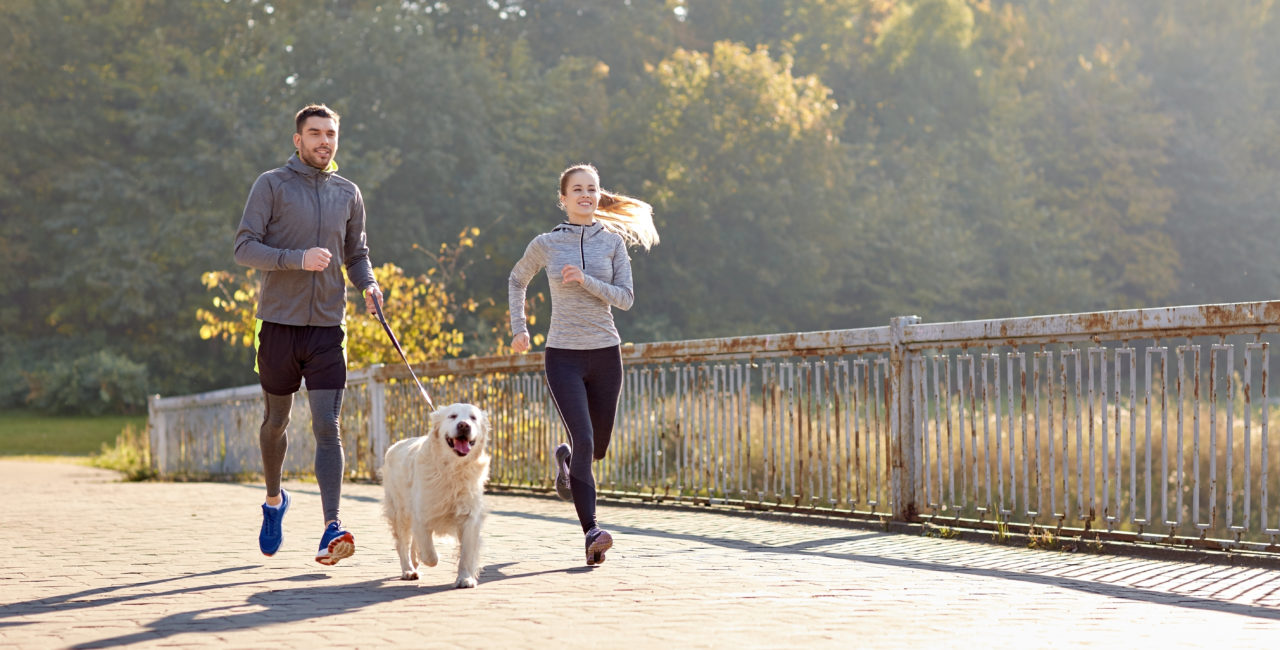With the hot summer months upon us in full force it is important to remember that the heat can have serious effects on our furry family members. Heat stroke occurs when the body is unable to compensate for hot weather.
This results in an elevated body temperature that causes illness, organ damage or failure and, in some cases, death. Dogs and cats do not have sweat glands over most of their bodies, although you will notice that they have sweat glands on their feet leaving footprints on the floor this time of year. Our pets have to rely on panting for evaporative cooling and panting itself creates heat so is not terribly effective in cooling.
Signs to watch for:
- Excessive panting
- Difficulty breathing
- Vomiting or excessive drooling
- Dazed appearance
- Weakness or collapse
Heat stroke does not only occur to the hapless pet left in a hot car. Even running your dog at the river in the heat of the day can result in heat stress. Exercising your pet should be in the early morning or late evening when it is most cool. Popular jaunts in the Valley such as the Air Park walkway are not a good choice once the sun is up. Walking on hot asphalt can result in burns to the paw pads as well as heat stroke.
Certain breeds are predisposed to heat stroke, primarily those with thick coats or snub noses. Dogs and cats with short faces have a more difficult time breathing and therefore cooling themselves via panting. If you own one of these breeds you should be especially careful with exercise when the temperature is high.
Safety Measures:
- Provide plenty of fresh water, cool shade and splash pools
- Walk on grass rather than cement or asphalt
- Exercise during cool periods of the day and takes lots of breaks
- Keep indoors on hot days, using fans and cooling pads
- Never leave your pet in the car, even with the windows down or air conditioning running
What to do if you suspect your pet is experiencing heat stress:
- Remove from sun and heat
- Cool with damp towels in the inguinal, arm pit and neck regions
- Turn on air-conditioning or use fans to encourage evaporative cooling
- Allow access to water if not vomiting
- Seek veterinary advice immediately
Be safe and have fun with your pets this summer!
Written by Dr. Davenport and Dr. Waldern




